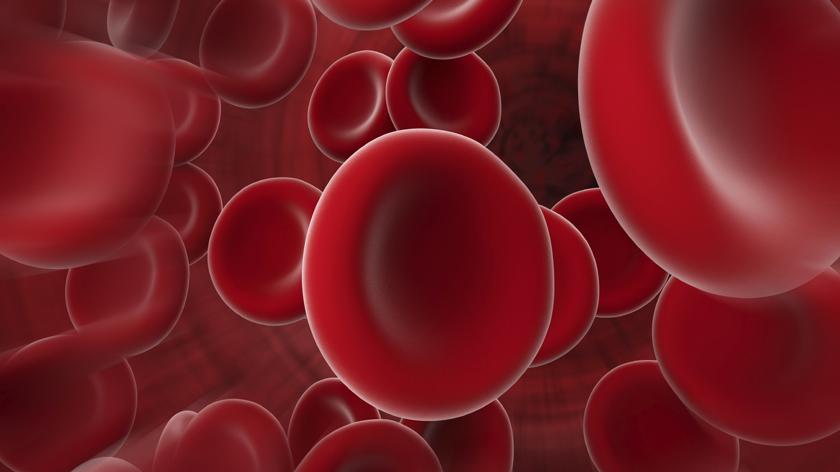OCI-led CAR-T leukaemia therapy receives €2.5m from EIC

A consortium led by the Spanish company OneChain Immunotherapeutics (OCI) has received €2.5 million from the European Innovation Council (EIC) for the development of a new CAR-T therapy that does not require extraction of the patient’s own cells and simultaneously attacks two cancer cell types.
The promising therapy is directed against T-type acute lymphoblastic leukaemia (T-ALL), an aggressive and mainly paediatric subtype of leukaemia, which currently has few therapeutic options and accounts for 25% of all leukaemia cases. It is thought it could treat up to 80% of all patients with T-ALL.
Generally, CAR-T therapy consists of extracting the patient’s own lymphocytes (autologous) and genetically modifying them to recognise and attack tumour cells, before reintroducing them into the body. However, the manufacturing process is long and costly and, in many cases, patients’ immune systems are impaired, so it is not possible to collect sufficient lymphocytes for generation of the CAR-T cells.
Therefore, the OCI project aims to use a subtype of T-cells – gamma-delta – which are produced in a laboratory and are allogeneic (they will serve for any patient and eliminate donor dependency). OCI already has a protocol for generating these cells and will now focus on refining it to scale up the process to the industrial level.
However, CAR-T therapy is not yet an established option against T-cell leukaemias, such as T-ALL, since tumour T-cells and healthy T-cells have the same molecules on their surface and CAR-Ts targeting T-ALL destroy both cell types, resulting in severe immunosuppression in patients.
Therefore, the OCI-developed CAR-T has been directed at the CD1a protein, which is hardly present in healthy tissues and only present in 30% of T-ALL patients.
Dr Pablo Menéndez, founder of OCI and director of the Stem Cell Biology, Developmental Leukemia, and Immunotherapy Group at the Josep Carreras Institute, said: “Our laboratory has determined another marker, which will be combined with CD1a to increase the treatment spectrum.”
Menéndez continued: “We hope to be able to treat up to 80% of patients affected by this disease, preserving their healthy cells.”
Dr Victor M. Diaz, OCI’s research director and leader of the project, said: “Our approach is based on the use of a type of T-cell that is not recognised by the patient’s immune system as foreign, making it a universal therapy.”
He continued: “Generating these T-cells in large quantities is going to be a challenge, but these types of therapies are the future. Treatments as personalised as CAR-Ts, which only work for one person, are unfeasible in a public healthcare system.”
Diaz added that, by contrast, “if you have a universal therapy applicable to all types of patients, you reduce costs, the process is simpler, and you can treat the patient on demand.”
The OCI was founded by the Josep Carreras Leukemia Research Institute, ICREA, and Dr Menéndez in Barcelona in June 2020, with a first round of funding led by Invivo Ventures, with CDTI-Innvierte (Ministry of Industry) and the Josep Carreras Foundation.
The OCI project will last for three years, aiming to take the therapy into the clinical practice space, and involves the Josep Carreras Institute, the Severo Ochoa Center for Molecular Biology (CBMSO, a joint research institute of the Spanish National research Council and the Autonomous University of Madrid), and the Portuguese company iBET.
In other oncological news, last week it was reported that Actinium Pharma’s latest data from its SIERRA trial of radioligand therapy Iomab-B for acute myeloid leukaemia (AML) patients needing a bone marrow transplant had bolstered the case for the drug, ahead of a filing with the FDA. The findings revealed 22% of patients who received Iomab-B-based conditioning ahead of an allogeneic hematopoietic stem cell transplantation (HSCT) maintained a durable complete response (dCR) for 180 days, compared to none in the control arm.













